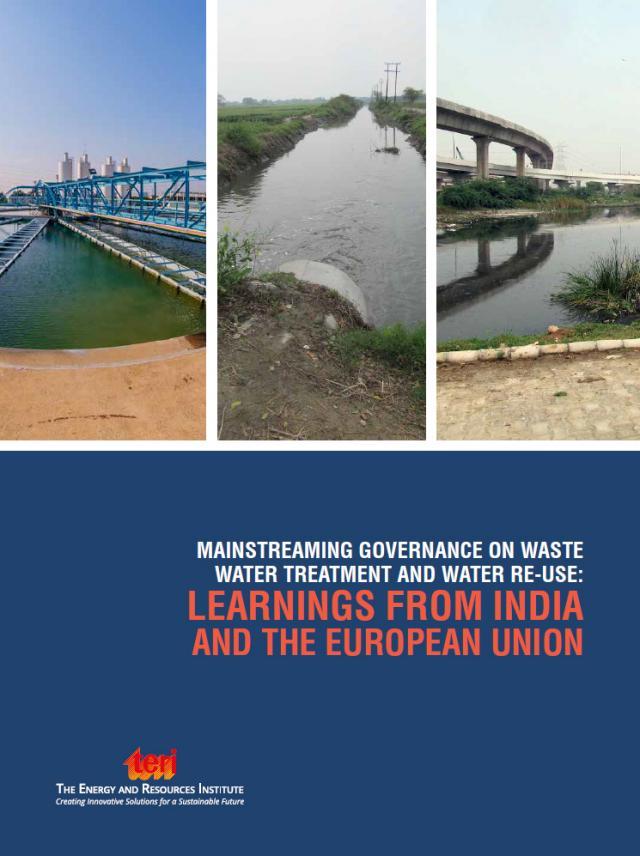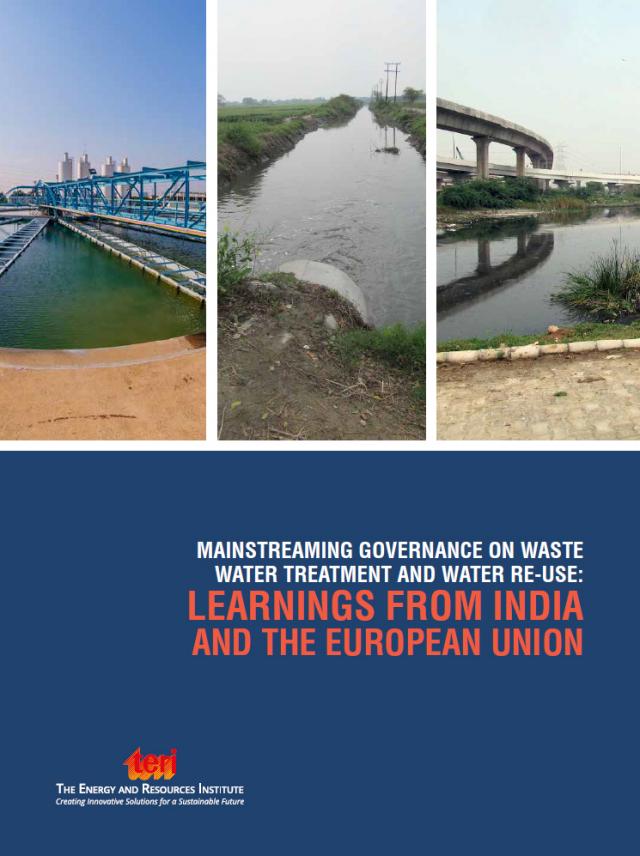The Pavitra Ganga policy brief is the first deliverable (D2.1) of the Water Governance work package. It brings together the learnings from successful and unsuccessful case studies from India and EU with an analysis of the Indian and EU policy and regulatory frameworks. Together with relevant stakeholders from the Central, State and local level in India for the two selected demonstration sites (Delhi and Kanpur), it intends to formulate recommendations to support the existing and future policy and law reforms in India.
The policy brief investigates more precisely governance factors, which influence the sustainability and market uptake of sustainable wastewater treatment and resource recovery reuse (RRR) systems in India and beyond.
The analysis of governance factors in the document is based on the following information:
- a thorough literature review on wastewater treatment and RRR;
- a content analysis of the key Indian water policy and legal frameworks;
- two consultation workshops with different stakeholders in India to understand their opinions and views on core challenges and opportunities;
- an analysis of 13 case studies in India and the EU regarding the enabling and disabling governance factors for wastewater treatment and RRR technologies.
Finally, the different elements of the analysis result in policy recommendations for enhancing wastewater treatment and RRR governance in India .
Conclusions and recommendations
Overall, the policy brief illustrates that important steps that have been taken by the Indian Government to create an enabling environment for tackling the issues of water pollution, water scarcity and resource recovery. But the lack of an overarching and clearly-defined policy or law from the Central government is a key limiting factor to enhance wastewater treatment and RRR in India. This barrier is evident from the fact that most state governments lack a wastewater management and RRR policy and/or law.
The document ends with a series of conclusions and recommendations and leaves no doubt that policy and regulatory interventions can help create successful business models for wastewater treatment and RRR but it requires effective monitoring, enforcement and follow-up at all governance levels (central, national and local governing bodies).


